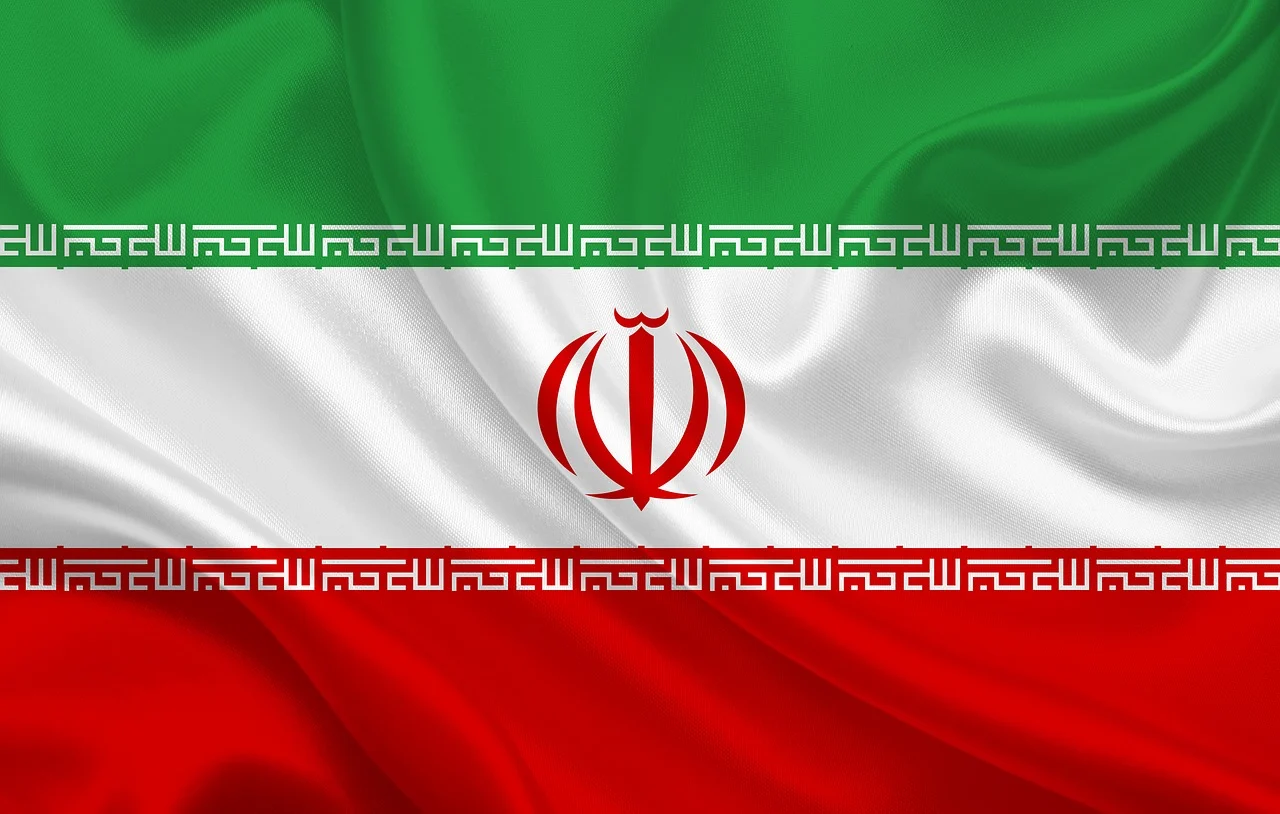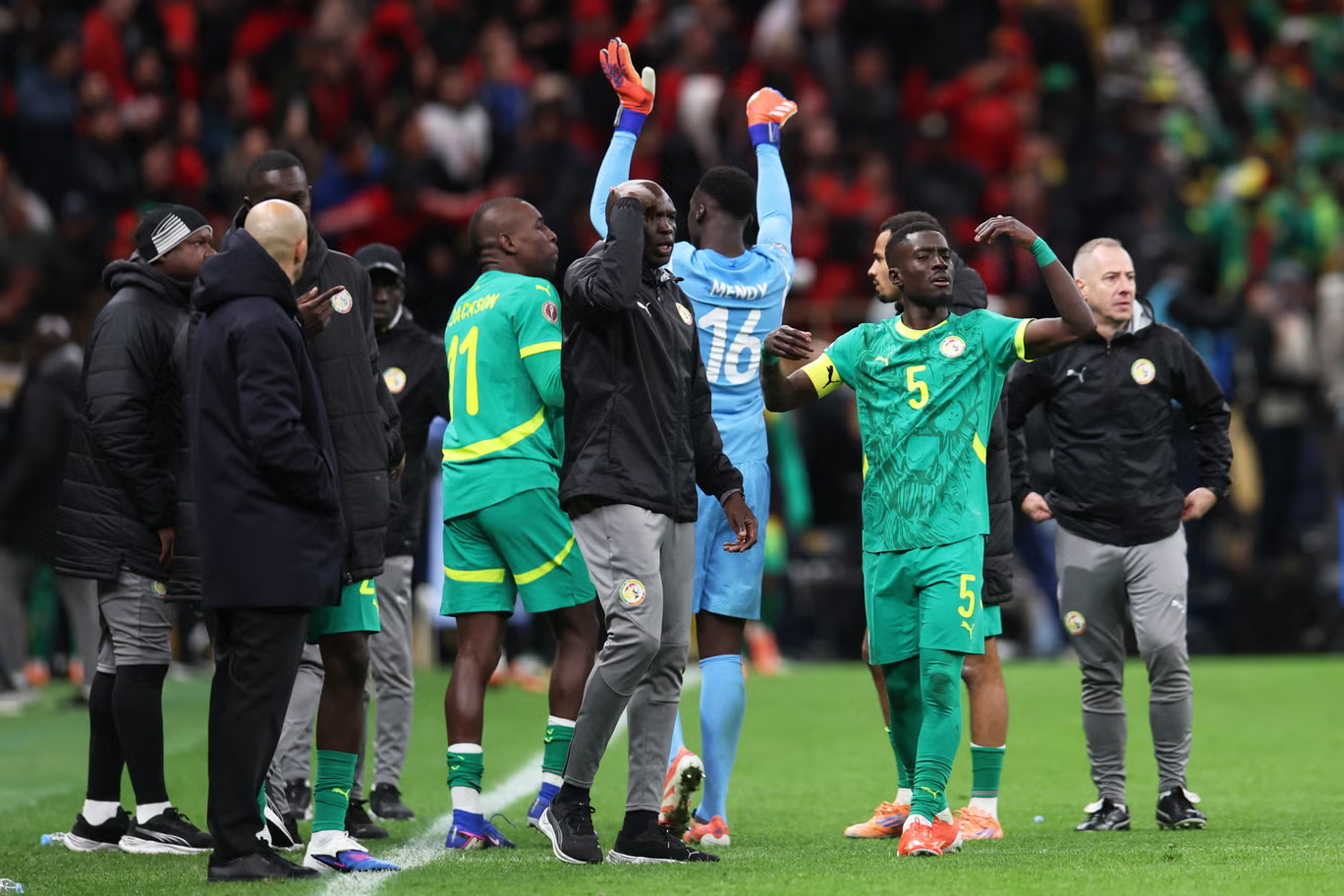Europe’s Iran gamble will backfire because Britain, France, and Germany are trying to act like dealmakers when they’re really acting from weakness. Their offer to delay U.N. sanctions for six months sounds generous on paper, but it exposes just how desperate they are to keep Iran at the table. When three of the world’s biggest economies have to beg Tehran just to talk, that isn’t diplomacy, it’s submission disguised as negotiation.
Iran Sees Through the Bluff
Iran’s response was blunt and predictable: the E3 demands are “full of unrealistic preconditions.” And honestly, Tehran isn’t wrong to call their bluff. You can’t set conditions as a starting point and then expect Iran, which has spent years perfecting its nuclear leverage, to roll over. Europe is dangling a temporary pause in sanctions as if that’s some kind of irresistible prize. But Iran knows that Europe needs this deal more than it does. And when one side needs a deal more, the other side owns the game.

Russia and China Smell Opportunity
Meanwhile, Russia and China are playing the long game. Their draft resolution to extend the 2015 nuclear deal for six months is less about Iran’s uranium and more about geopolitics. They know that every time Europe bends, it weakens Western unity and strengthens their own credibility as “alternative” power brokers. Iran benefits because it gains breathing room. Moscow and Beijing benefit because they get to position themselves as problem-solvers. And Europe? Europe just looks caught in the middle, powerless to enforce its own demands.
The Illusion of Control
Europe’s Iran gamble will backfire because the E3 are pretending they have leverage they don’t actually hold. Sanctions only work when they’re enforced consistently, and everyone knows the West is fractured. Iran can stall, Russia can veto, China can shield, and the U.S. is busy fighting its own domestic battles. By trying to appear tough while offering concessions, Europe is creating the illusion of control, but illusions don’t stop nuclear enrichment.
Why This Matters
If Europe shows that threats of sanctions can be postponed with vague promises, then every rogue state will learn the same trick: stall, resist, and wait for the West to blink. And that’s exactly what’s happening here. The gamble will not produce stability, it will produce another cycle of brinkmanship, where Iran grows stronger, Russia and China gain more influence, and Europe weakens its own credibility.
Final Word
Europe’s Iran gamble will backfire because it’s built on hope, not hard power. The E3 think they’re buying time. In reality, they’re selling off what little leverage they have left. Iran knows it, Russia knows it, China knows it. The only ones pretending otherwise are the Europeans. And history has never been kind to wishful thinking in foreign policy.

















